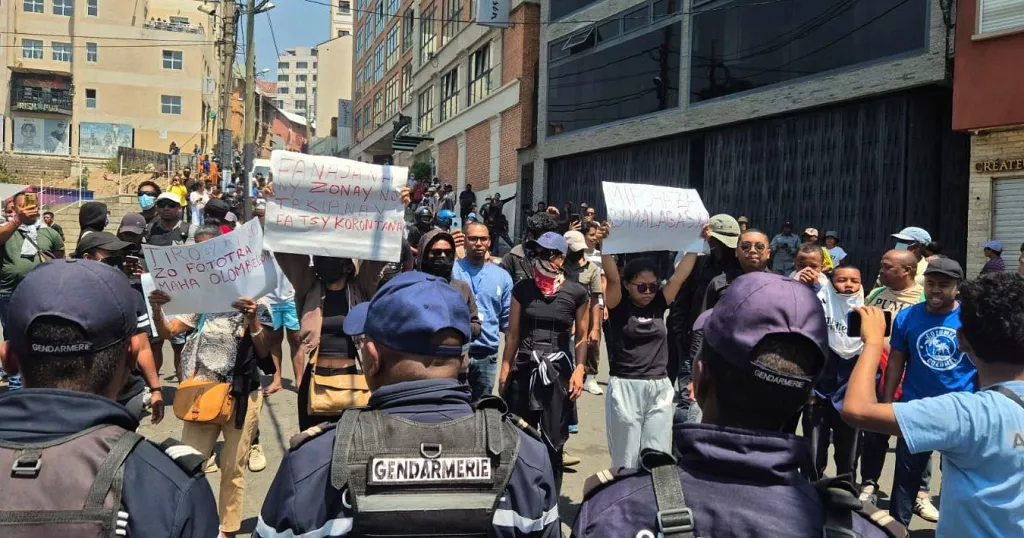Madagascar’s President Andry Rajoelina has dissolved his government after days of nationwide protests led largely by young people demanding better living conditions. The demonstrations, described as “Gen Z protests,” erupted last Thursday in the capital Antananarivo before spreading to at least eight cities.
The unrest was triggered by long-standing frustrations over chronic power cuts and water shortages. Protesters rallied under the slogan “We want to live, not survive,” highlighting their struggle with worsening economic and social conditions.
According to the United Nations, at least 22 people have been killed and more than 100 others injured since the protests began. The UN condemned what it called “unnecessary and disproportionate force” by security forces, who reportedly fired rubber bullets, tear gas, and in some cases, live ammunition at demonstrators.
Madagascar’s government has disputed the UN’s casualty figures, calling them based on “rumours or misinformation.” Still, the violence prompted authorities to impose a dusk-to-dawn curfew in the capital following reports of looting and property damage.
In a televised national address, President Rajoelina acknowledged public anger and admitted failures within his administration. He announced the dismissal of Prime Minister Christian Ntsay and the entire cabinet, saying a new government would be appointed within days.
“I understand the anger, the sadness, and the difficulties caused by power cuts and water supply problems,” Rajoelina said. “We acknowledge and apologise if members of the government have not carried out the tasks assigned to them.”
The president also signaled his willingness to engage directly with young people in dialogue. However, protesters continue to demand deeper political accountability, with some calling for Rajoelina’s resignation.
The crisis marks the most significant challenge to Rajoelina’s leadership since his re-election in 2023. Madagascar, which has a turbulent political history marked by repeated uprisings since independence in 1960, now faces growing uncertainty as the country awaits a new government.

